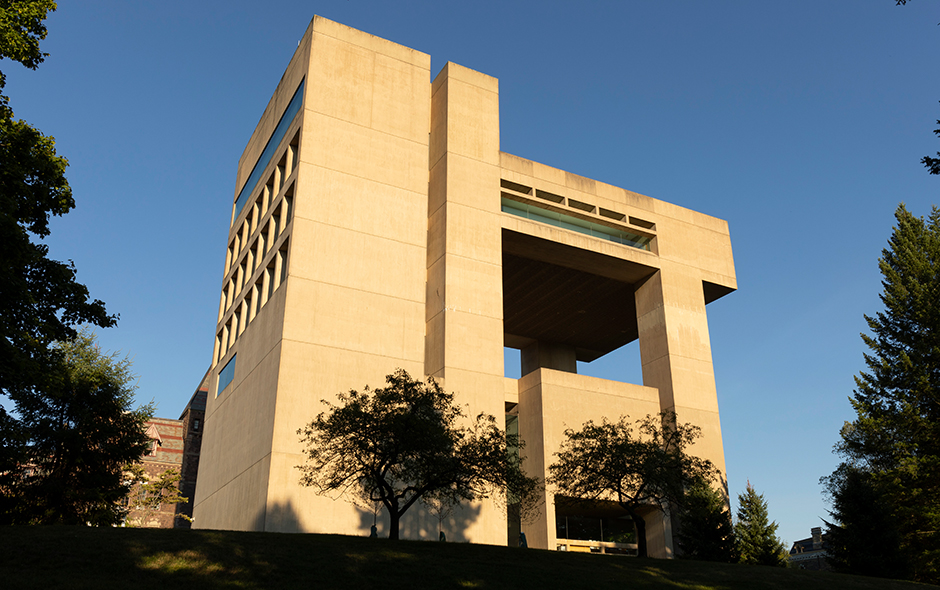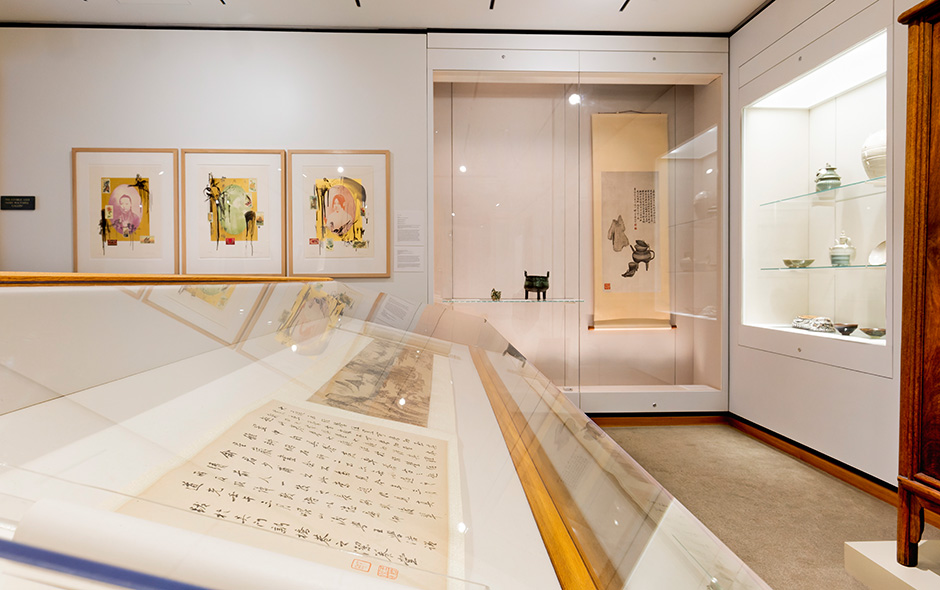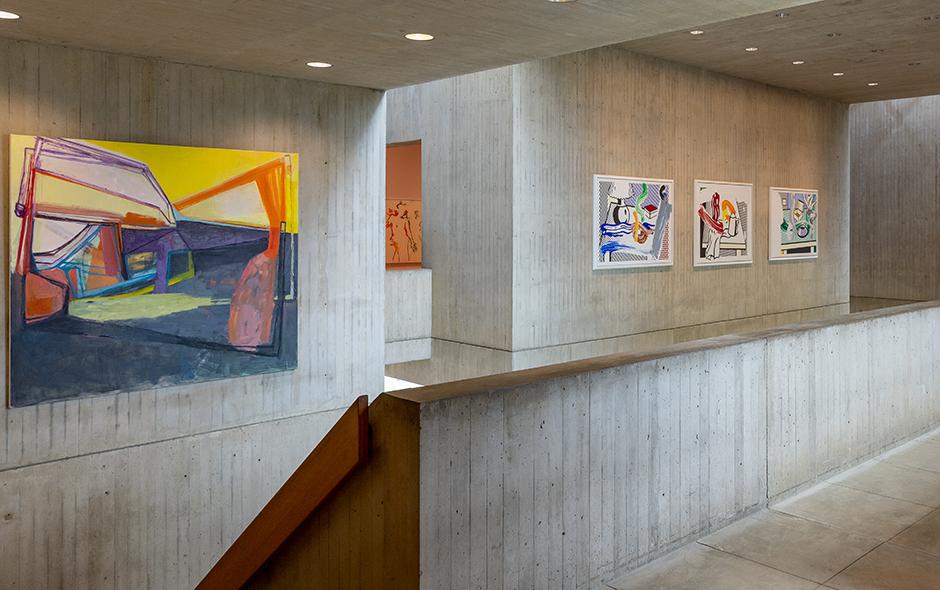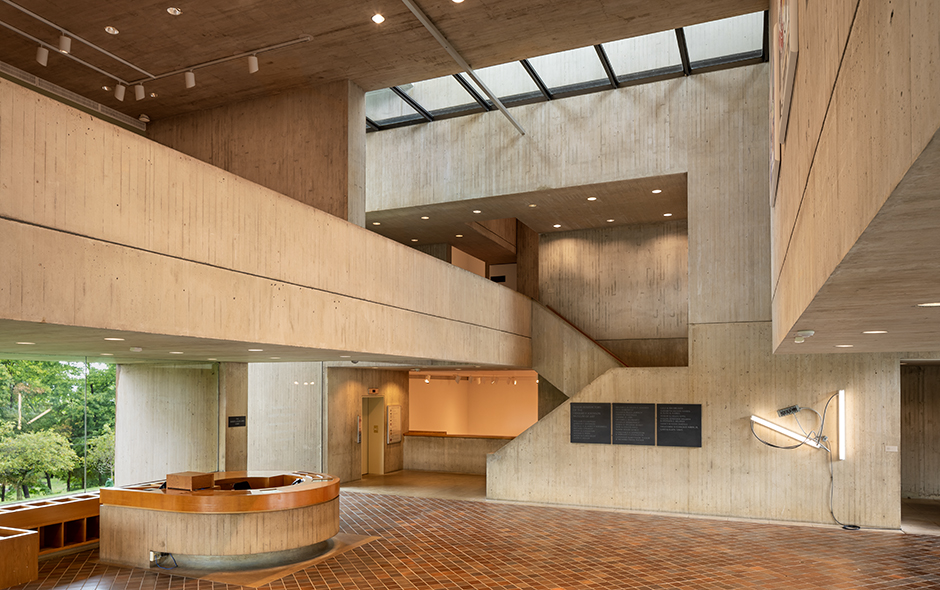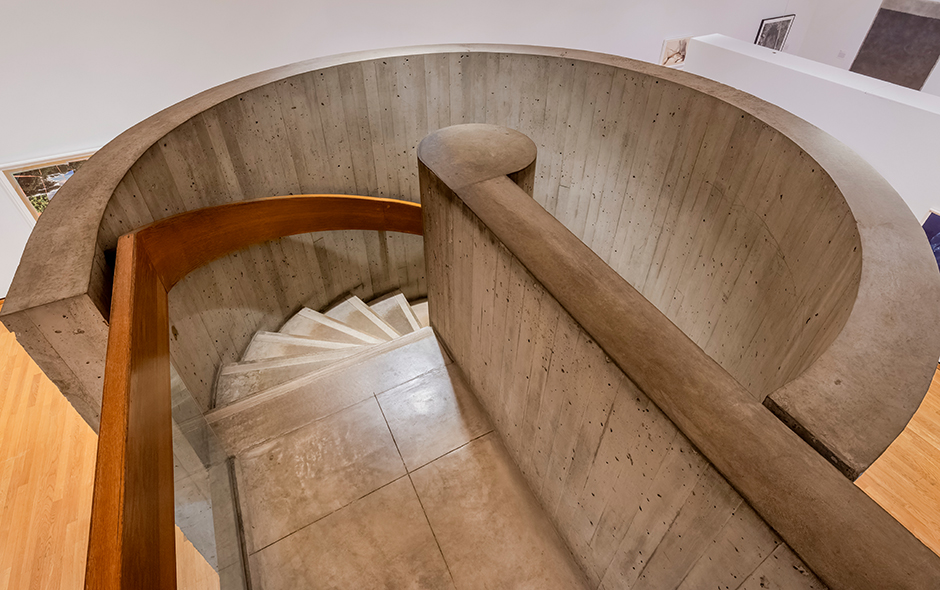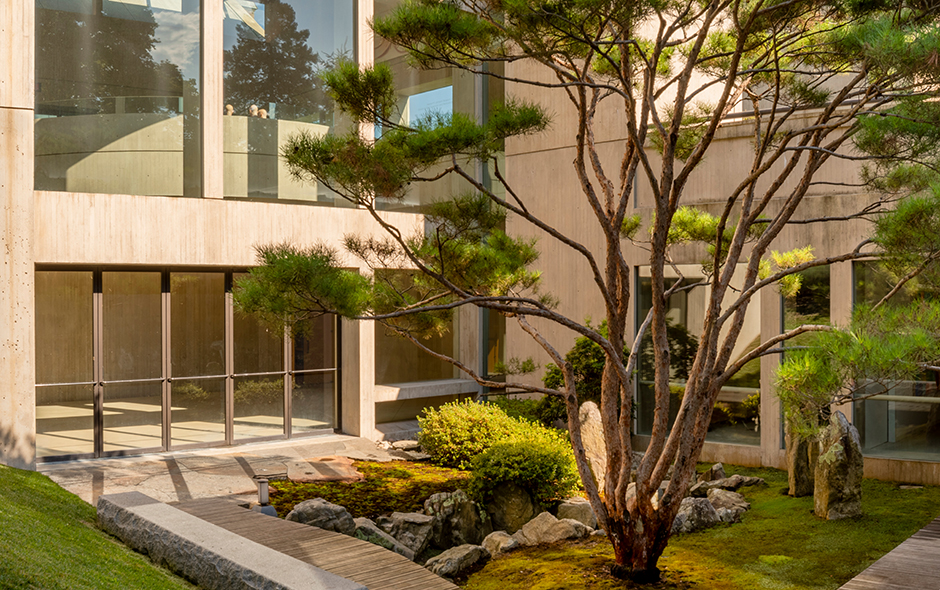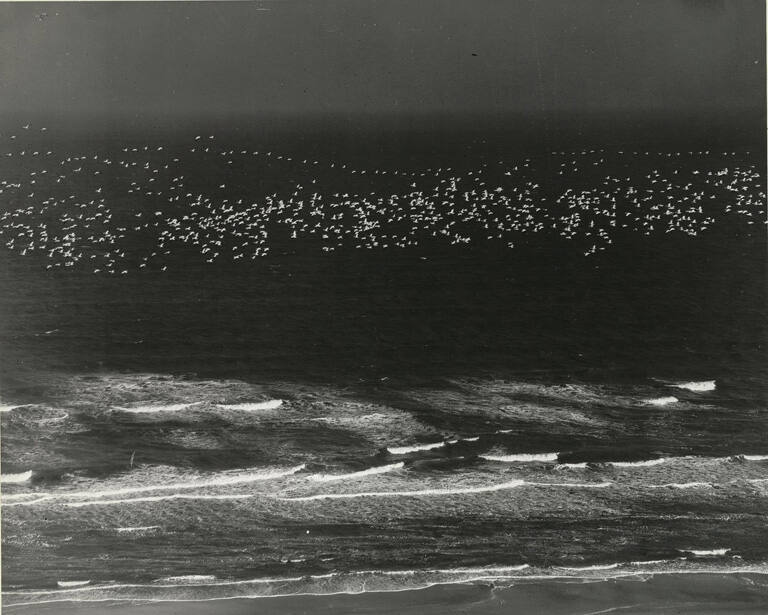
Object Details
Artist
Sebastião Salgado
Date
1986
Medium
Gelatin silver print
Dimensions
Sheet: 15 3/4 × 19 5/8 inches (40 × 49.8 cm)
Credit Line
Acquired through the generosity of Jennifer, Gale, and Ira Drukier
Object
Number
2000.025.001
During the mid-1980s, Sebastião Salgado spent weeks documenting the dangerous and violent condition(…)
During the mid-1980s, Sebastião Salgado spent weeks documenting the dangerous and violent conditions at the infamous gold mine of Serra Pelada in northeastern Brazil, where, in his words, “50,000 men sculpted by mud and dreams” labored up and down its vast cliffs carrying heavy sacks of earth for minimal pay. In his dedication to social and economic justice, Salgado sought to expose the secrets of exploitative labor in this inaccessible and almost unimaginable place.
Pliny the Elder had witnessed mining on a vast scale, and during his governorship of Hispania Tarraconensis (in present-day Spain) may have visited Las Médulas, the largest open-pit gold mine in the Roman Empire. Book 33 (which introduces metals) opens with a passionate denunciation of the violence that mining does to the earth, our “holy parent,” claiming “We penetrate her inner parts and seek for riches in the abode of the spirits of the dead” (33.1–2). Gold, he claims, “was only discovered for the ruin of human life” (33.6).
Pliny specifically mentions the dangers faced by miners. They do not see daylight for months; they can be crushed or suffocated. Yet when beholding the shattering of mountains, “they gaze as conquerors upon the collapse of Nature” (37.73). Whereas Salgado sought to emphasize miners’ physical suffering, Pliny ultimately focuses on the damage mining causes to the environment rather than on its brutal system of slavery. As a typical member of the Roman elite, Pliny stops short of questioning the practice of enslavement, a practice equally tied up in the production of the Natural History through the physical and intellectual labor of his many enslaved assistants.
(Verity J. Platt, “Wonder and Wakefulness: The Nature of Pliny the Elder,” exhibition organized by the Herbert F. Johnson Museum of Art, curated by Andrew C. Weislogel and Verity J. Platt, presented at the Johnson Museum January 21–June 11, 2023)



